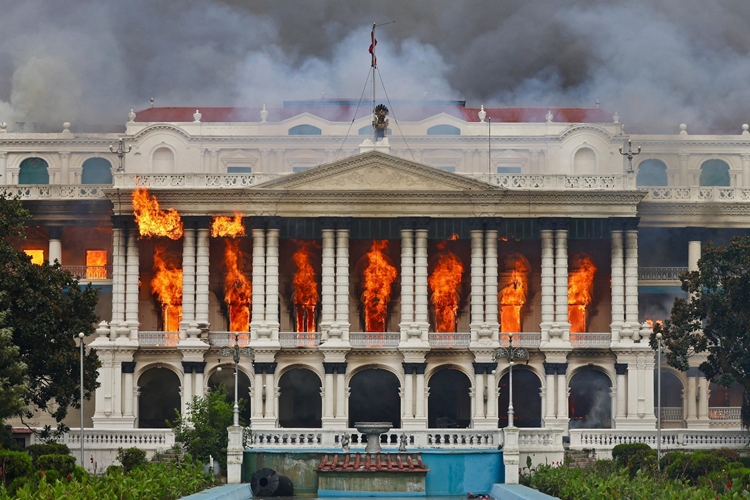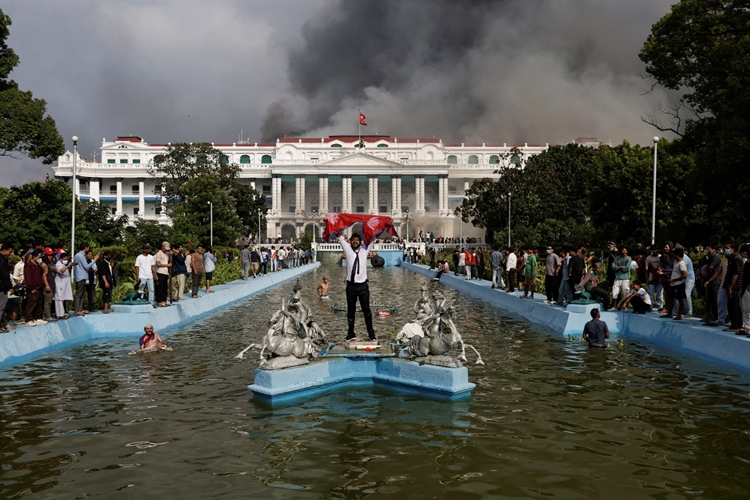Social Media Ban Sparks Chaos in Nepal
Nepal is facing its worst unrest in decades as nationwide protests erupted over corruption and a government-imposed social media ban. What began as peaceful demonstrations quickly turned violent, with angry crowds storming parliament, setting the historic Singha Durbar building on fire, and attacking the homes of top officials.
The protests, led mostly by young people from Generation Z, began after the government blocked 26 social media platforms, including Facebook and YouTube, while TikTok remained active. Videos exposing the lavish lifestyles of politicians’ children compared to the daily struggles of ordinary citizens went viral, further fueling public anger.
By Tuesday, September 9, at least 22 people had been killed and more than 400 injured, including over 100 police officers. Police responded with rubber bullets, tear gas, water cannons, and even live ammunition, according to Amnesty International.

Prime Minister K.P. Sharma Oli, a four-time leader and head of the Communist Party, resigned after protesters torched his home. In his resignation letter, he expressed hope for a “political solution.” His departure followed that of Home Minister Ramesh Lekhak, who stepped down the previous evening.
Amid the chaos, around 800 inmates escaped from two prisons after protesters broke in.
President Ramchandra Paudel and the United Nations urged all sides to show restraint and called for dialogue, warning that the escalating violence could destabilize the nation. Indian Prime Minister Narendra Modi also appealed for peace, emphasizing Nepal’s importance to regional stability.

Despite the government lifting the social media ban, protests spread beyond the capital, Kathmandu, to several other cities. Demonstrators waved flags, rode motorcycles through the streets, and shared their demands online.
Nepal’s youth, who make up 43% of the population, remain deeply frustrated by corruption, political instability, and limited job opportunities. The country, which became a republic in 2008 after abolishing its monarchy, has since struggled with weak leadership and slow economic growth.
